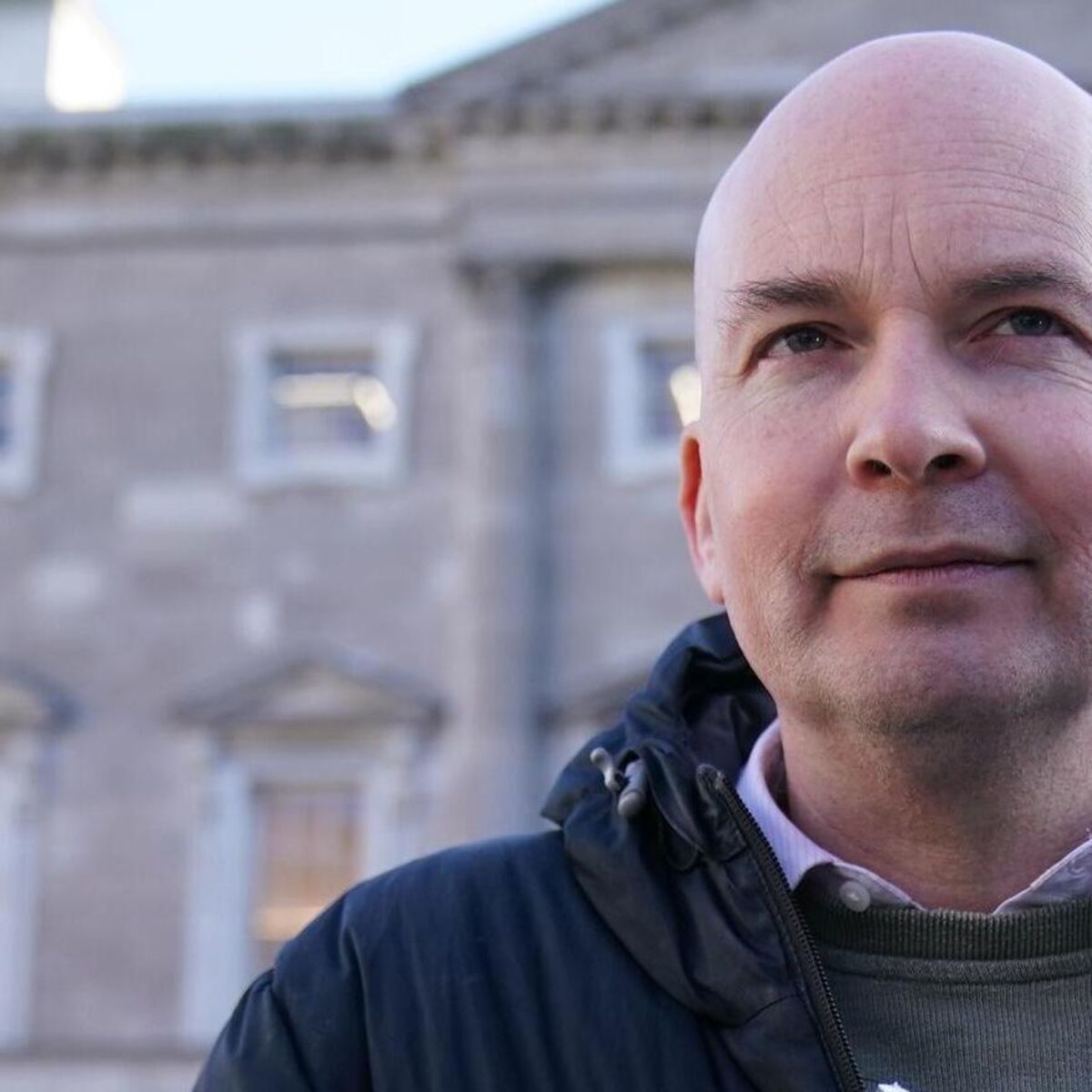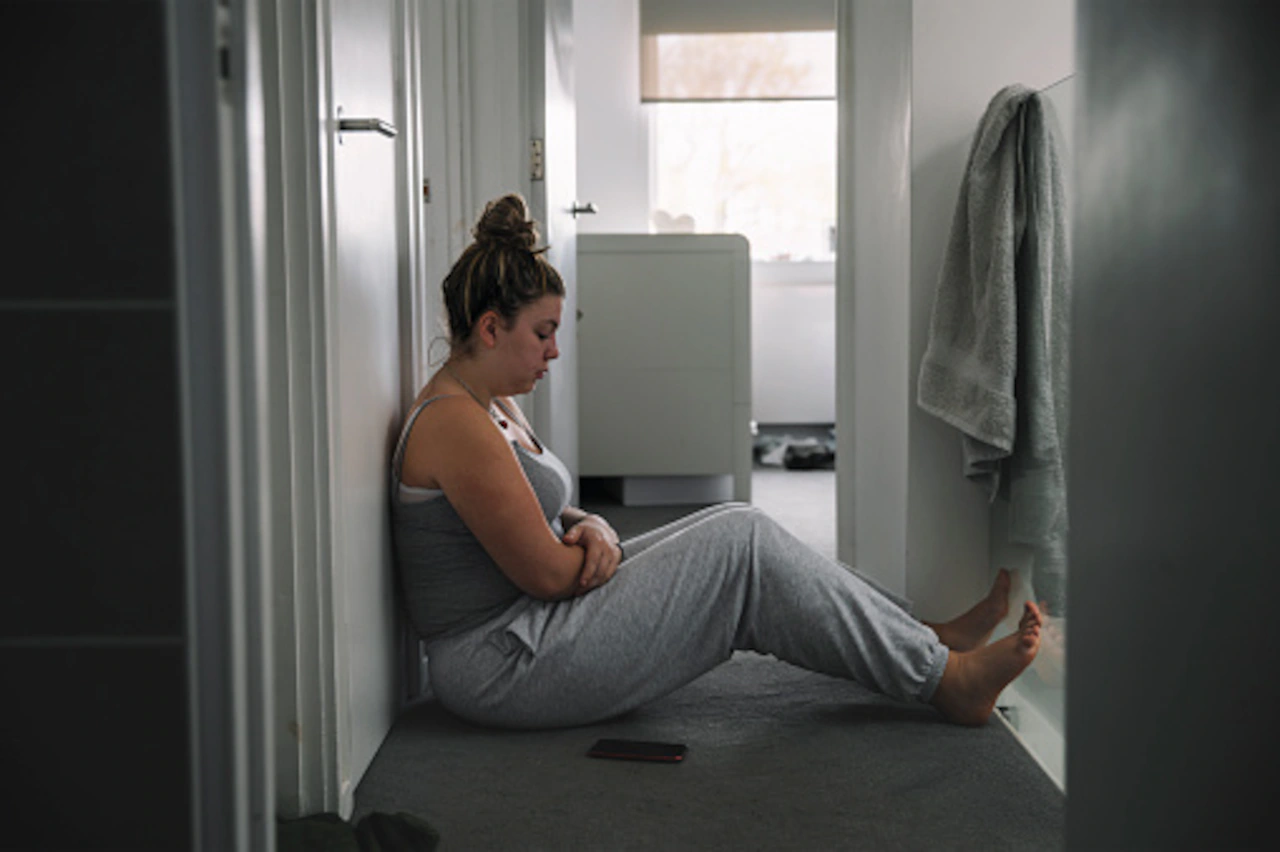Proposed minimum wage rise which retailers claim would ‘decimate’ them is ‘stingy’, says TD
By Irishexaminer.com,Sean Murray
Copyright irishexaminer

“This would be unacceptable in any country, but is outrageous in a wealthy country like Ireland where the gap between rich and poor is widening on a daily basis and one in five children are living in poverty,” he said.
The Low Pay Commission, an independently chaired group with worker, employer and expert representatives, makes recommendations to Government each year on a minimum wage that is supposed to be fair and sustainable.
In recent years, it has recommended increases to the minimum wage to keep pace with surging inflation in the economy. However, some business sectors have been critical of the scale of the increases and say it’s coming at a time when they are already under sustained pressure with other costs.
Most recently, the Government implemented a Low Pay Commission recommendation to increase the minimum wage from €12.70 to €13.50 from January 1, 2025. However, teenagers can legally be paid below this figure and earn sub-minimum rates.
In its latest recommendation, which has yet to be published, it’s understood to have suggested another 5% rise to bring it to €14.15. For those working full-time on the minimum wage, it would raise their salary by around €25 a week.
Speaking on RTÉ Radio, Economic and Social Research Institute (ESRI) associate professor Paul Redmond said the most recent set of recommendations have been with the aim of achieving the “living wage” for workers.
“This basically sets the minimum wage at 60% of median income,” he said. “Now we’re actually quite close to that at the moment.
“We’d be pretty much at the target of a living wage [with a further increase]. Whatever increases are recommended by the low pay commission, and again, we don’t really know that yet because we wait until their report is published, but let’s say it’s towards achieving that target.”
Mr Redmond added that ESRI research has monitored the impact of recent minimum wage rises, and said there is consistent evidence that there is a reduction of hours among low-paid employees as the minimum wage goes up.
Mr Murphy, however, called for a significant increase to the minimum wage in next month’s Budget to help workers achieve a minimum standard of living.
“The Government claims it wants to address child poverty in the Budget – if it is serious at all it must abolish sub-minimum pay rates for young workers and increase the National Minimum Wage to €17 an hour for all workers,” he said.
However, Retail Excellence Ireland warned that any further increase in the minimum wage would “decimate” the industry.
“We already contend with numerous prohibitive costs such as the high standard Vat rate and energy bills, while operating on razor-thin margins,” its chief executive Jean McCabe said.
“If this call is made to increase the minimum wage yet again, then the Government must either rebuff it in the strongest possible way, or provide immediate tax relief to prevent widespread job losses across the retail sector.”



